The 'doubtful Indians' left out of the election
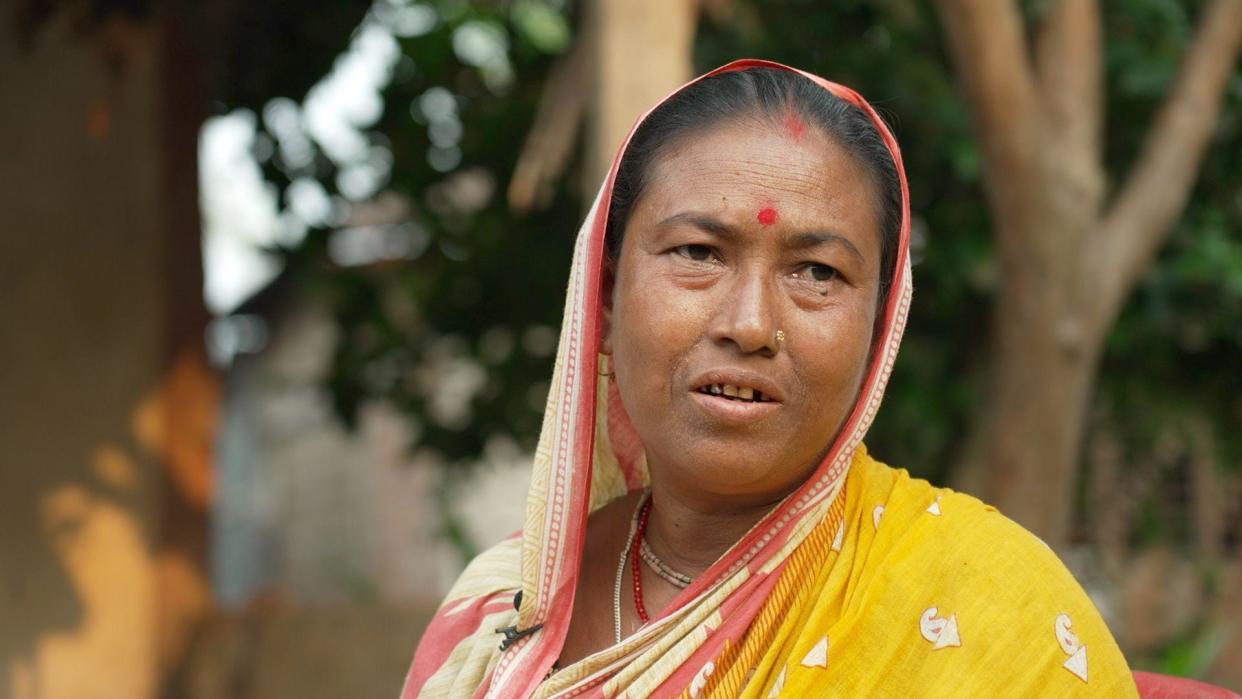
In India’s northeastern Assam state, a complicated citizenship process has left thousands of people off the voters list during the national election. Umang Poddar from BBC Hindi reports on the people stuck in a legal quagmire.
Forty-seven-year-old Laxmi Das felt terrible as she watched many of her neighbours in Assam’s Silchar city vote in the second phase of the Indian general elections in April.
"The entire country participates in the general election but I can't," she says.
Ms Das is among the 97,000 odd voters in the state who have a "D" or "doubtful" marked against their name and are barred from voting because their Indian citizenship is under question.
Known as the D-voters list, the concept is unique to Assam where migration and citizenship are among the biggest political fault lines.
The state shares a nearly 300km-long (187 miles) border with Bangladesh and has seen decades of migration from the neighbouring country as people fled religious persecution or moved in search of jobs.
Nationalist groups in Assam have long complained that the immigration threatens their cultural and ethnic demography and strains the state's resources.
In 1985, the Indian government declared that any person who entered Assam without proper documentation after 24 March 1971 would be considered a foreigner.
In 1997, the Election Commission of India (EC), which oversees elections, updated its electoral rolls and identified close to 300,000 people whose citizenship it thought doubtful and marked a "D" against their name. The EC used its own officers to ascertain whether these people had documents to prove their citizenship.
If an officer had "reasonable doubt", the case was sent to a Foreigners Tribunal - quasi-judicial forums - where people were given a final chance to prove their citizenship using official documents like birth certificates and land papers.
If the court declared a person a foreigner, they were either deported or put in detention camps.
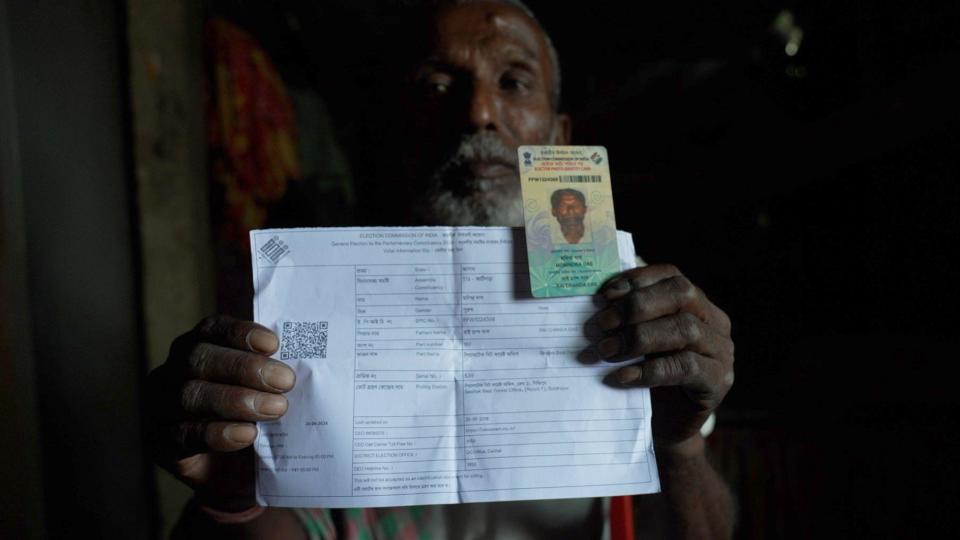
The process, which continues even today, has been mired in controversies, with legal experts calling it chaotic and confusing. Many say there's no clarity on how the D-voters were initially identified. Others point out discrepancies like the lack of set standards for what documents are acceptable.
In 2019, a family filed a right to information query demanding to know the reason why they were marked as doubtful voters. The EC responded saying it did not have a record of the procedure followed in the case.
"The D-voters are put in limbo until a tribunal decides their fate, which can sometimes take decades," says Sishir Dey, a former tribunal member.
"Until then, they are barred from voting and are unable to avail welfare benefits such as ration," he adds.
Citizenship has long been a convoluted process in Assam.
In 1951, four years after Indian independence, the government prepared a National Register of Citizens (NCR) to determine who was born in Assam and was therefore Indian, and who might be a migrant from Bangladesh (then part of Pakistan).
In 2015, it started updating the list for the first time to account for the new cut-off date of 24 March 1971 set by the government.
More than 30 million residents submitted their documents to prove their citizenship.
After several iterations, close to 1.9 million names were excluded from the final list, which was released in 2019.
In the five years since, neither the federal nor the state government have announced any specific plan for the NRC.
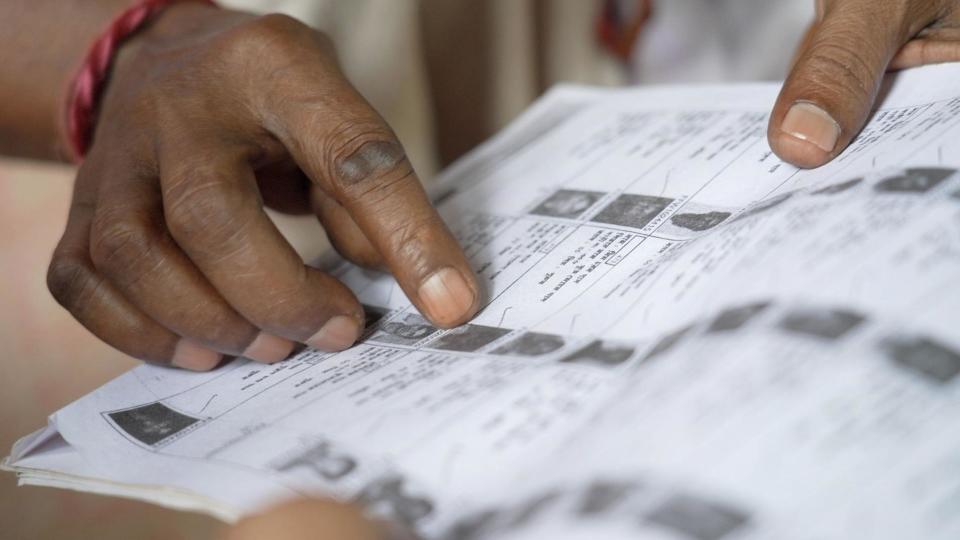
When the list was being updated, D-voters were also allowed to apply but their names were not included because the question of their citizenship was already being determined by a foreigners tribunal.
Yet, several of them found their names in the final version, marking another confusion in the process.
The governing Bharatiya Janata Party (BJP) has repeatedly promised it would end the citizenship problem in Assam.
In 2014, Prime Minister Narendra Modi said he would solve the D-voter issue and abolish detention camps from the state.
In 2019, the BJP passed a controversial law that it claimed would potentially help those whose citizenship was in doubt. The Citizenship Amendment Act (CAA) allowed people from six religions who could show that they entered India before 2014 to be eligible for Indian citizenship. However, this law did not apply to Muslims.
The law was implemented in March, two months before the election began this year.
Parimal Suklabaidya, a BJP leader from Silchar, told the BBC that the law would help do away with the D-voters list as most of them would get Indian citizenship under it.
But not many are convinced.
Opposition leaders call it an "election gimmick" while activists say it's logistically impossible to resolve the problem swiftly.
Critics also point out that the CAA is exclusionary as it might help Hindu immigrants from Bangladesh get Indian citizenship, but not Muslims.
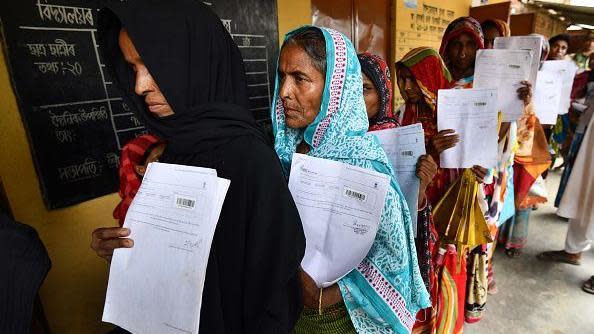
Tanya Laskar, a lawyer in Assam who handles citizenship cases, says there are other challenges as well.
"A big question is whether people would have documents to show when they had come to India," Ms Laskar says.
"We are mostly talking about people who come from marginalised communities in a state that has annual floods. You are talking of people who have fled during war and you are imagining they are fleeing with documents?"
People affected by the exercise, who are mostly poor, say they feel lost and fearful about their future.
Haricharan Das recalls the day police came to his house in 2017 and declared him a D-voter.
"I had no idea what that meant or how my name entered the list," he says. "But I had to cooperate."
Seven years on, he is still fighting to prove his citizenship, with very little knowledge of the case.
His house has a trunk full of documents, but when the BBC asked him to show a copy of his court documents, he ruffled through the disarrayed pile for half an hour and failed to produce anything.
"I am not even sure who my lawyer is," he says.
In rare instances, those who have already been declared foreigners by a tribunal have found their name on the electoral rolls.
Monindra Das, 64, says he voted in the ongoing election despite spending two years in a detention camp. He was temporarily released in 2022.
The case, which has dragged on for more than two decades, has drained the family's finances.
His 27-year-old son Birendra Das says he was forced to drop out of college because his parents had no money.
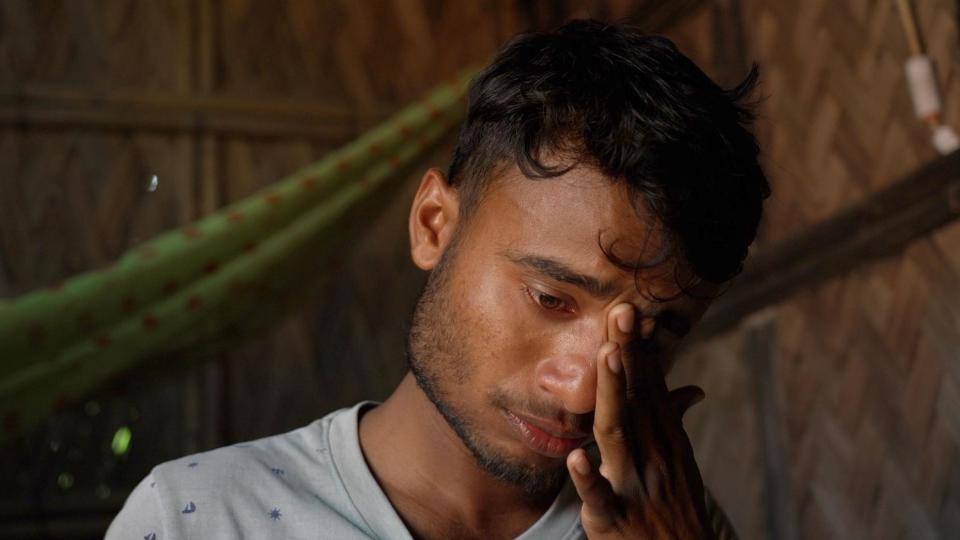
Some are hopeful that their ordeal will end soon.
"When we go to the BJP, they tell us they will solve the problem for us very soon," says Haricharan Das, a life-long supporter of the party.
But others like Birendra Das do not share his optimism: "All politicians only come for votes and not to understand our pain," he says.
Laxmi Das agrees. "I have been a D-voter for so long, but no government has not helped us," she says.
"Who will solve this problem for us?"

Narendra Modi’s India: A decade of popularity and polarisation
From likes to votes: How influencers are changing Indian politics

